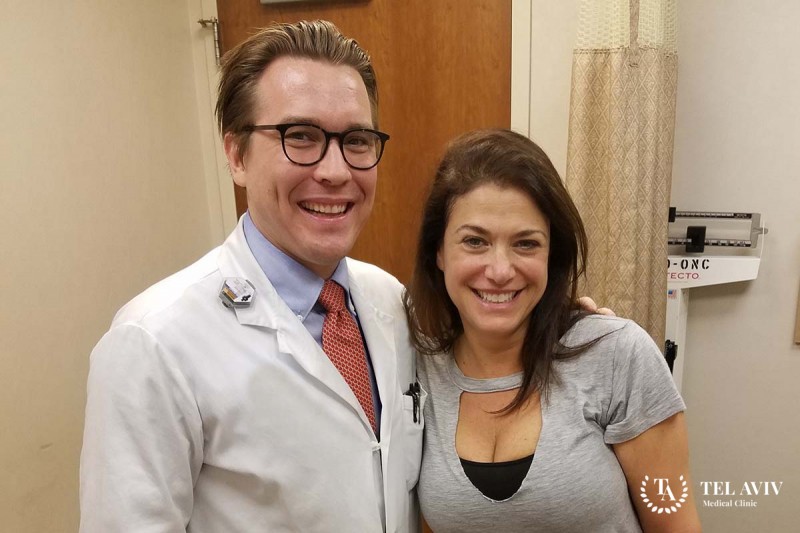
Human health depends on the measured and coordinated functioning of all organs of his body, each of which performs the work intended for him. An important role is assigned to the gall bladder, accumulating a unique, viscous fluid with a complex composition, which the liver secretes. Thanks to bile, food that enters the stomach are processed, disinfected, and moves through the intestines, fats are split and easily absorbed, and small intestine motility is activated. Many people do not even suspect where this pear-shaped sac, called the gall bladder, is located in their body until serious problems arise with it.
In which cases go to the clinic of gallbladder disease
Improper, irregular diet, with a predominance of fast food in the diet, too greasy, sweet, fried foods, and even drunk with alcohol, will inevitably lead to painful processes that occur with the gall bladder. Bile, not getting enough fluid, stagnates, begins to thicken, turning into a hard mass, which eventually forms stones. A person will immediately notice a malfunction in the body, which will be given by painful sensations in the right hypochondrium. The primary diseases of the gallbladder:
- Gallstone disease is accompanied by the formation of stones, both in the gallbladder and in its ducts. The reasons may be impaired lipid metabolism, stagnation of bile, inflammatory processes provoked by infection.
- Cholecystitis, which can be caused by stones, obesity, problems with the digestive system, overeating, active absorption of spicy, fatty foods.
- Polyp with the proliferation of gallbladder tissue, and tumors, which can be either benign or malignant.
- Biliary dyskinesia, characterized by duct dysfunction, abnormal contractions of the gallbladder.
Diagnosis and treatment of gallbladder disease
To diagnose ailments affecting the gallbladder and bile ducts, Tel Aviv Medical Clinic uses leading instrumental methods using ultrasound scanning, MRI and CT, cholangiography, and endoscopy. In an Israeli clinic, specialists will conduct a study of the bladder, the state of extrahepatic passages, and take tissue samples. It may also be necessary to extract stones from the biliary tract with special tools. Besides, experienced specialists will prescribe treatment, the complex of which, according to indications, may include supportive therapy and surgical intervention.
























